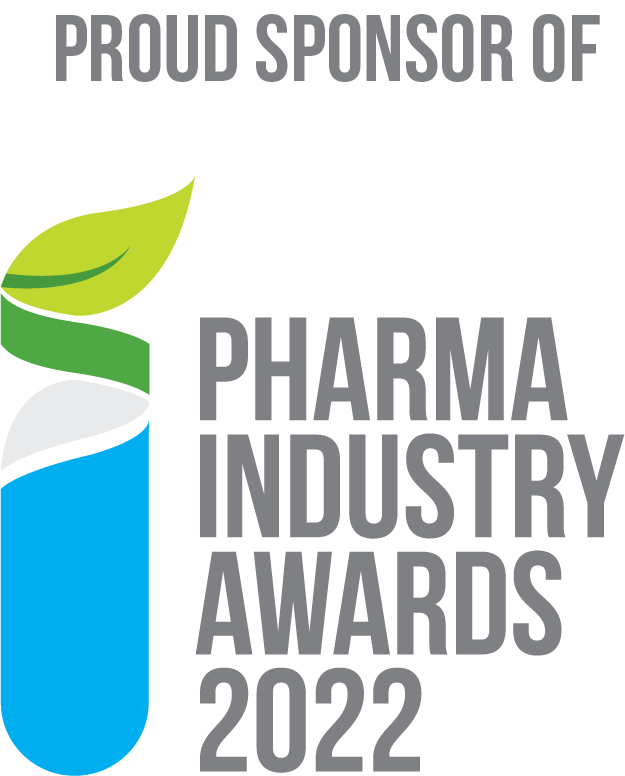How To Reduce Manufacturing Costs

For an industry as critical as pharmaceuticals, delivering high-quality products without exceeding the budget is a significant challenge to many. All successful firms share some highly productive traits that streamline the processes to reduce manufacturing costs and boost profitability. Here are eight ways to improve yield in pharmaceutical production without sacrificing quality.
How Can Manufacturing Costs Be Reduced?
Audit Your Laboratory
To start, audit your laboratory to see exactly where your costs are coming from. Keep track of your expenses for a set period of time and assess where you could potentially reduce or eliminate costs. You could audit your lab as a whole, or perform a more focused assessment on specific equipment or a single test process.
Adopt Lean Manufacturing Principles
Adopting lean manufacturing concepts can minimise manufacturing costs by increasing labour productivity, decreasing production throughout times, reducing inventory, and cutting errors and scrap by up to half. The primary premise of lean production is to do more with less, with the top priority being waste elimination.
Examine The Costs Of Miscellaneous Expenses
In manufacturing organisations, office supplies, staff supplies, fuel, vehicles, clothing, security keys, cleaning services for staff rooms, and other miscellaneous costs are among the final costs to consider. It might be possible to improve upon these small things, as well as the charges listed above. Make a habit of examining these small expenses regularly to prevent spending money on things you do not need.
Utilise AI & Machine Learning To Optimise Drug Discovery
Using AI in pharma manufacturing can bring many benefits. Mainly, it can improve the efficiency of manufacturing processes by helping manufacturers with the initial screening of the drug compounds to predict the success rate of the formulations. Using AI and Machine Learning solutions helps improve efficiency and ultimately, reduce pharma manufacturing costs as a result.
Reduce Testing Time
Typically, the analytical laboratory carries out time-consuming sample activities for the likes of blend uniformity or density measurements. Due to the long-lead times of these tests, careful coordination is required to maintain adequate sampling and analysis. Modern manufacturing technology solutions, such as real-time particle size analyzers can allow manufacturers to read the impact of process parameter changes on critical quality attributes continuously in real-time, which grants the ability to adjust CPPs on the fly to avoid losing batches due to going out of specification. Leading to a more robust and efficient process.
Strategic Industry Collaboration and Cross-company Standardisation
While not exactly a process excellence technique, pharmaceutical companies’ strategic involvement in external industry alliances can help streamline and optimise operations in ways that a single company cannot.
Automate Process Control
Although process automation has been around for a long time now providing significant value to businesses, the adoption of automation in Pharma has been slower than other industries. However modern manufacturing technology solutions are making it possible for drug manufacturers to take advantage of automation with process automation solutions. By delivering powerful data-driven process insights and connected manufacturing, the likes of SmartX ensures better quality, reliability, and efficacy, as well as efficient regulatory compliance.
Integrate Technologies
Pharmaceutical production procedures are complicated. Labs house a wide array of equipment and systems. The arduous manufacturing process also requires considering the auxiliary equipment and building systems as pharmaceutical manufacturing mandates a strictly controlled environment. Process experts should look for ways of integrating lab technology to boost efficiency and productivity. For example, many manufacturing companies have applied integration from an equipment level with particle size analyzers, integrating them with automated software platforms for advanced process control.
Learn More About How You Can Reduce Manufacturing Costs Today
Production cost reduction measures can result in significant reductions in product, manufacturing, and lifecycle costs. As a result, when businesses execute all ten of the above manufacturing cost-cutting measures, they achieve a greater level of success at a lower level of expenditure. If you’re interested in learning more about how InnoGlobal Technology (formerly Innopharma Technology) can help reduce your manufacturing costs through industry 5.0 solutions, get in touch with our experts today!

